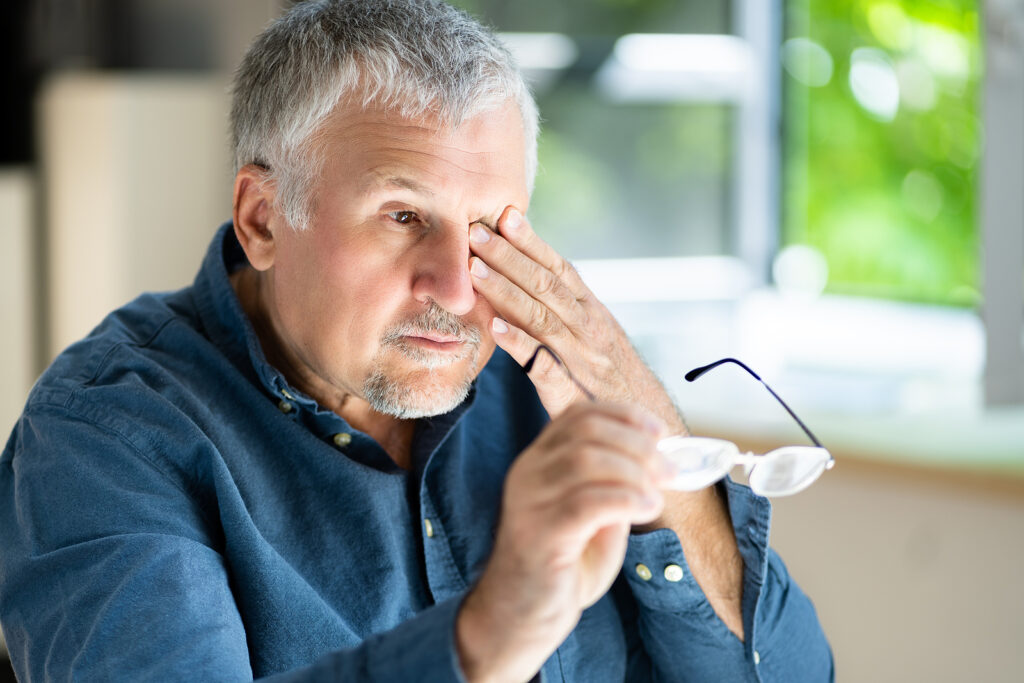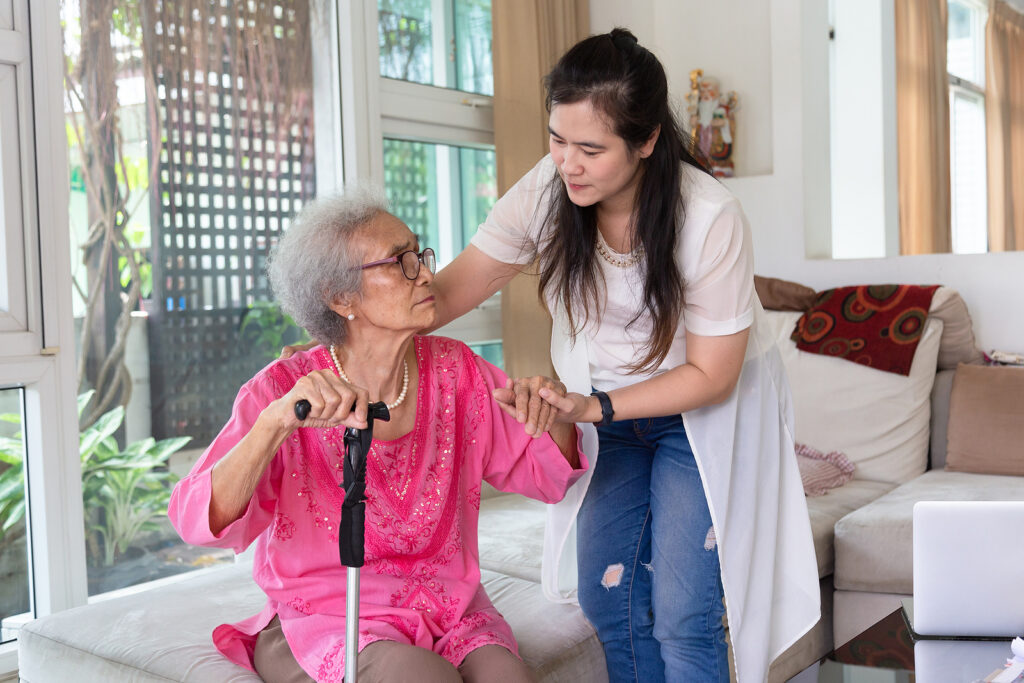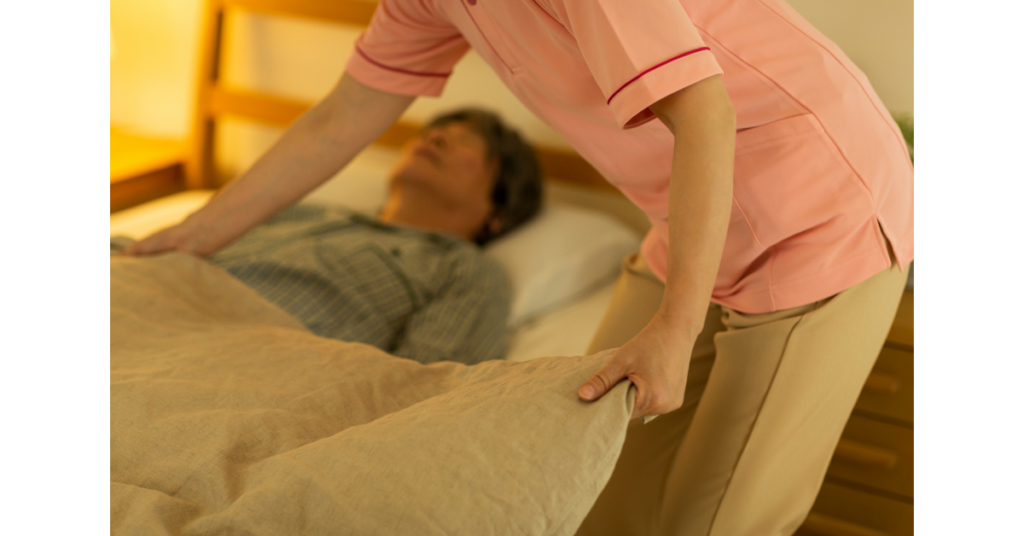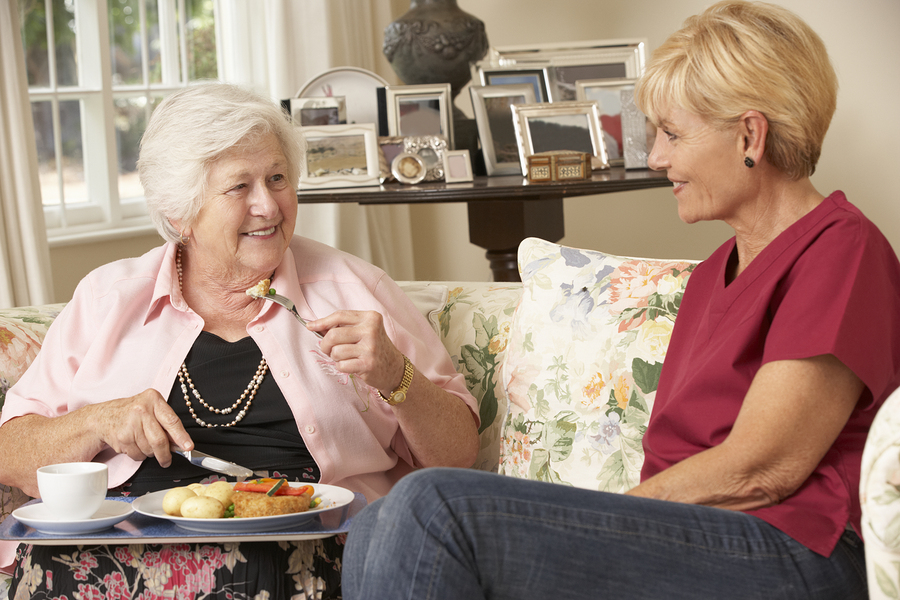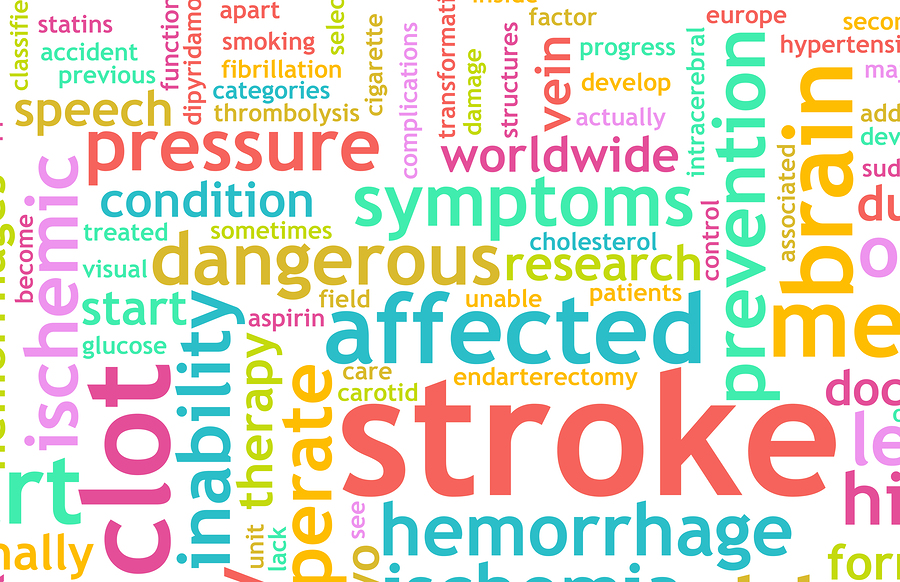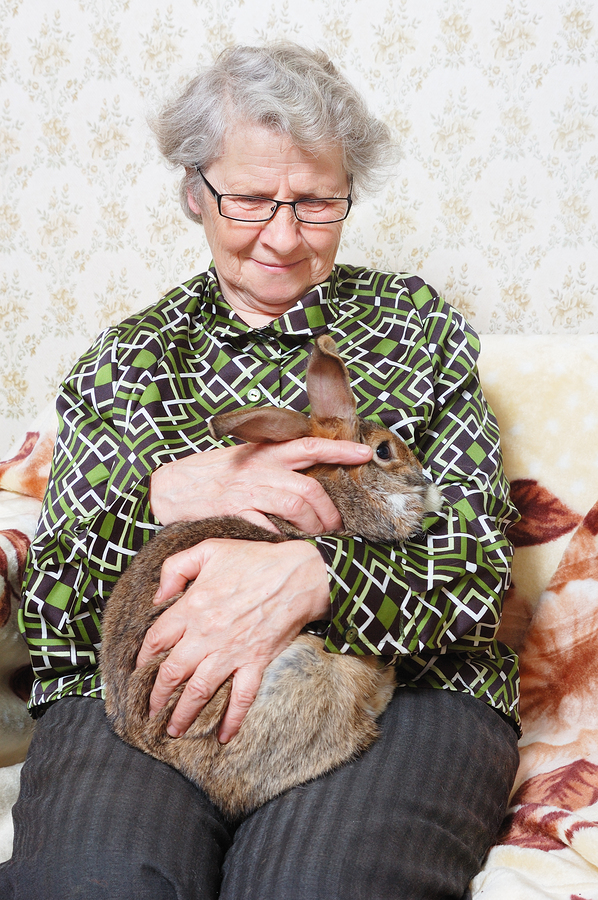Your Mother May Not Be Treating Her Depression
The COVID-19 pandemic has not made the lives of people over sixty-five any easier. Social isolation threatens to be a parallel pandemic. Many seniors are at home, alone, scared to go out because their risk of a COVID fatality is higher than it is for the young.
Unfortunately, social isolation isn’t just a matter of being lonely. It can lead to clinical depression, which can lead to self-neglect, physical harm, and dementia.
And yet, surveyors are discovering that depressed seniors are commonly reluctant about getting help. A recent survey suggests that two-thirds of today’s elderly will not get help for this mental health disorder.
Why Older Americans Don’t Get Treatment for Depression
There are basically two reasons that older Americans won’t seek treatment for depression.
-1) They don’t recognize it as a serious disorder. Instead, they tell themselves to “snap out of it” or pull themselves up by the bootstraps. In fact, with serious depression, just mentally smacking oneself in the face does not work. That only works in the movies.
-2) They believe there’s a stigma to having a mental health issue.
Doctors and geriatric experts now widely agree that the circumstances surrounding the lockdown of older people in nursing homes and private residences are uniquely undesirable and will have long-lasting effects.
But the elderly themselves may not see it that way. They’re more likely to blame themselves for not being chipper. They think that depression is a sign of weakness of character. Compounding this problem is the fact that the standard medications to alleviate depression may not work predictably in older adults.
In fact, treating depression in a senior may not involve a direct line from diagnosis to getting better. If you have a depressed parent, age sixty-five or older, there may be more trial and error needed in getting the treatment right.
How Do You Get Your Mother the Help She Needs?
Getting a senior to a doctor for a diagnosis of depression may be a matter of tact, diplomacy, and providing the right opportunity. Fortunately, many psychiatrists are now seeing patients virtually, via telehealth. This involves meeting your parent, not in an office, but via a meeting technology like Zoom.
Your mother or father may be much less resistant to a virtual doctor’s visit that doesn’t involve leaving the house and venturing out on ice and snow. Virtual visits also pose no risk of coronavirus infection. And, if you feel comfortable, you can make the appointment, dial up the meeting, hand your mother the tablet, and introduce the doctor as a friend of yours that you would like her to meet.
Set the Right Example
A columnist in the Atlantic came up with this novel way to get your mother or father into therapy: Get yourself into therapy first. Talk to a therapist about your parent’s depression and how it affects you. Then talk to your parent about therapy and what you are getting out of it. Your example of self-care may inspire self-care in your loved one.
It’s also a great idea to hire a home care specialist to visit your mother or father. Sometimes the emotions that drive family dynamics make it hard for a parent to accept advice from an adult child. The home care aide is an impartial third party with no baggage. As such, she is well placed to gently and tactfully get a parent to the needed specialist.
If you or an aging loved-one is considering hiring a Caregiver in Fort Collins, CO, please contact the caring staff at Touching Hearts at Home today at 303-255-4071.
Sources
http://genesight.multimedia-newsroom.com/
https://www.theatlantic.com/
https://www.commonwealthfund.org/
You may also like:
4 Home Remedies That Help Seniors With Dry Eyes
Seniors are often prone to having dry eyes. Check out these tips on helping alleviate the irritation, redness, and discomfort.
Flying Tips for Seniors
Flying can be a nightmare for everyone, but it's especially difficult for seniors. Try these tips from Senior Home Care…
Errands Challenge Your Dad, Hire Senior Home Care to Help
Your dad is happy living alone, but he struggles to complete errands. Find out how Senior Home Care in Longmont,…
Preventing Senior Falls
Preventing falls can make all the difference in your loved one's plan to age at home. Learn more about Senior…
Normal Brain Aging
What does normal brain aging look like? Senior Home Care in Thornton, CO can help your loved one as they…
How to Get a Good Night's Sleep as a Senior
Getting a good night's sleep is important for any senior. Use these tips and find Senior Home Care in Louisville,…
Make Sure Your Mom Doesn't Eat Alone
Home Care Boulder CO-How many of your mom's meals involve her eating by herself? Consider these facts about eating meals…
Understanding the Role of Senior Home Care Aides in Post-Stroke Care
Senior Home Care Westminster CO-You got the call that your mom suffered a stroke. Right now, your mind is being…
Engaging With Homebound Seniors
There are many challenges when an elderly loved one is homebound. See how Elderly Care in Greeley, CO can help.

